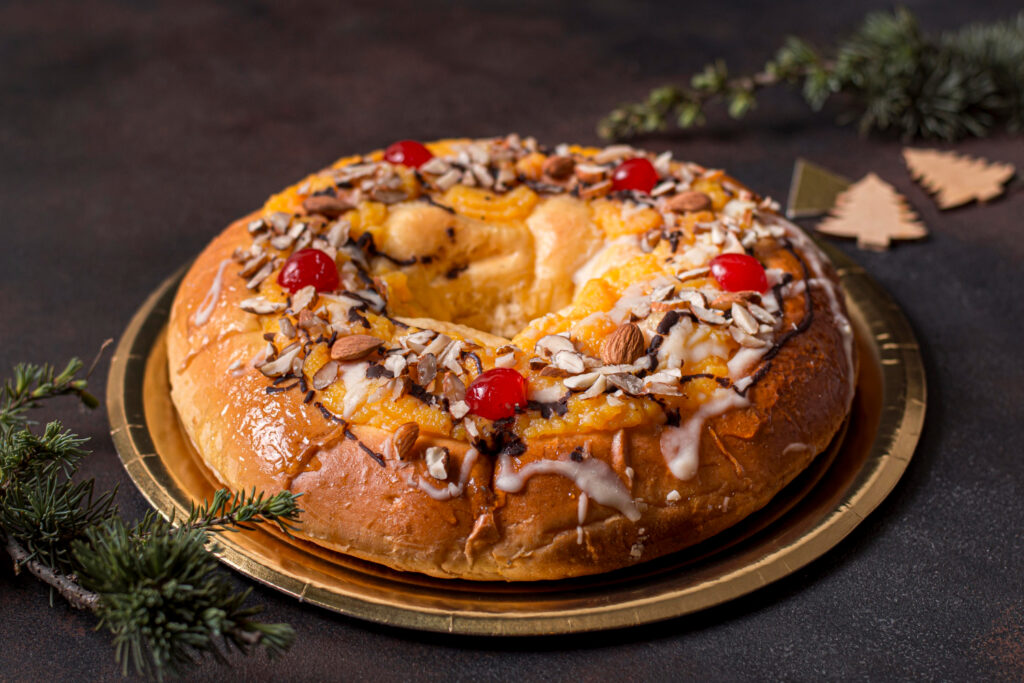If you’re interested in learning Spanish or already know it, you might be wondering how to say “Happy Easter” in Spanish. In Spanish, Easter is known as “Pascua.” It is a very important religious holiday that takes place during the spring, between the twenty-second of March and the twenty-fifth of April, depending on the lunar cycle.
What is Pascua?
“Pascua” is the Spanish word for Easter. It is derived from the Latin word “Pascha,” which means “Passover.” In Spain and other Spanish-speaking countries, Easter is a religious holiday that is celebrated with great fervor. During this time, many people attend church masses, observe Lent, and spend time with their families.
Easter Greetings in Spanish
When it comes to Easter greetings in Spanish, there are a few formal and informal expressions that you can use to convey your message. Additionally, there are some variations by region that you should be aware of.
If you want to wish someone a “Happy Easter” in Spanish, there are a few different phrases you can use. One common phrase is “Feliz Pascua,” which translates to “Happy Easter.”
To make it more fun and interesting, you can also use the phrase “¡Felices Pascuas!” as a way to wish someone a “Happy Easter” in Spanish. This phrase is more informal, it is commonly used in Spain and Latin America, and can be used with friends and family.
If you want to be formal, you can use “Feliz Semana Santa” (Happy Holy Week). This expression is commonly used in business settings or when addressing people you don’t know well.
Easter Spanish Vocabulary and Phrases
If you are looking to wish someone a Happy Easter in Spanish, there are a few different phrases you can use depending on the context. Here are some common words and phrases associated with Easter and their English translations:
| Spanish Words | English Definitions |
|---|---|
| Feliz Pascua | Happy Easter |
| Felices Pascuas | Happy Easter (plural) |
| Pascua de Resurrección | Resurrection Easter |
| Domingo de Ramos | Palm Sunday |
| Semana Santa | Holy Week |
| Jueves Santo | Maundy Thursday |
| Viernes Santo | Good Friday |
| Sábado de Gloria | Holy Saturday |
| Domingo de Pascua | Easter Sunday |
| Lunes de Pascua | Easter Monday |
| Cuaresma | Lent |
| Miércoles de Ceniza | Ash Wednesday |
| Martes de Carnaval | Mardi Gras |
| Rosca de Pascua | Easter bread |
| Huevos de Pascua | Easter eggs |
| Resurrección | Resurrection |
| Crucifixión | Crucifixion |
| Cofradía | Brotherhood |
During Holy Week, or Semana Santa, many Spanish-speaking countries hold religious processions, or pasos, to commemorate the crucifixion and resurrection of Jesus Christ. In some places, these processions are accompanied by music and traditional dress.
Holy week celebrations in Spain
On Palm Sunday, or Domingo de Ramos, people often carry palm branches to church as a symbol of Jesus’ entry into Jerusalem. Holy Thursday, or Jueves Santo, is also known as Maundy Thursday and commemorates the Last Supper. Good Friday, or Viernes Santo, is a day of mourning and reflection on the crucifixion of Jesus. Holy Saturday, or Sábado de Gloria, is a day of anticipation for the resurrection of Jesus on Easter Sunday.
One popular Easter tradition in many Spanish-speaking countries is the Rosca de Pascua, a sweet bread shaped like a wreath and decorated with candied fruit. Another tradition is the giving of Easter eggs, or Huevos de Pascua, which are often filled with candy or toys.

Whether you are celebrating Easter in a Spanish-speaking country or simply want to wish someone a Happy Easter in Spanish, these words and phrases will help you communicate your wishes in the appropriate way.
What is Spanish Lent, Holy Week, and Easter in Spanish?
If you are interested in learning Spanish, it’s important to know some key vocabulary related to Lent, Holy Week, and Easter. These holidays are widely celebrated in Spanish-speaking countries, and having a basic understanding of the terminology can help you better appreciate the culture and traditions.
Here are some key terms in Spanish:
- La Cuaresma: Lent
- La Semana Santa: Holy Week
- El Domingo de Ramos: Palm Sunday
- El Jueves Santo: Maundy Thursday
- El Viernes Santo: Good Friday
- La Pascua: Easter
- El Domingo de Resurrección: Easter Sunday
During Lent, many people in Spanish-speaking countries fast and abstain from meat on Fridays. This period of reflection and sacrifice lasts for 40 days and ends on Holy Thursday. Holy Week is a time of intense religious observance, with processions and ceremonies taking place throughout the week.
Easter Sunday is a joyous celebration of the resurrection of Jesus Christ. Many people attend Mass and enjoy traditional foods such as torrijas (a type of French toast) and hornazo (a savory pastry).
Overall, learning Spanish vocabulary related to Lent, Holy Week, and Easter can help you understand and appreciate the rich cultural traditions of Spanish-speaking countries.
If you are looking to start your Spanish learning, I can help you!
Join the Spanish with Flor Basic Spanish Course where I will teach you all the basics to kickstart your Spanish!


